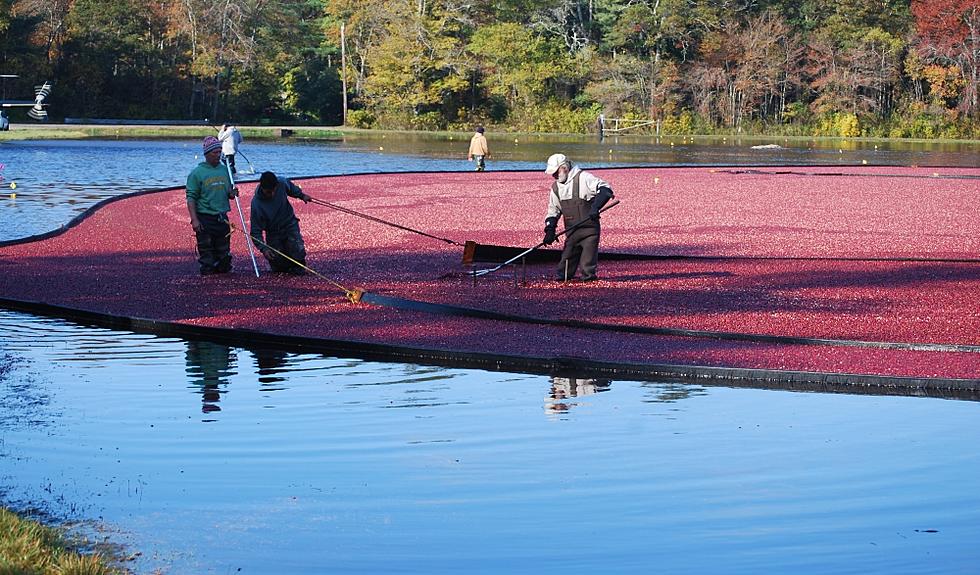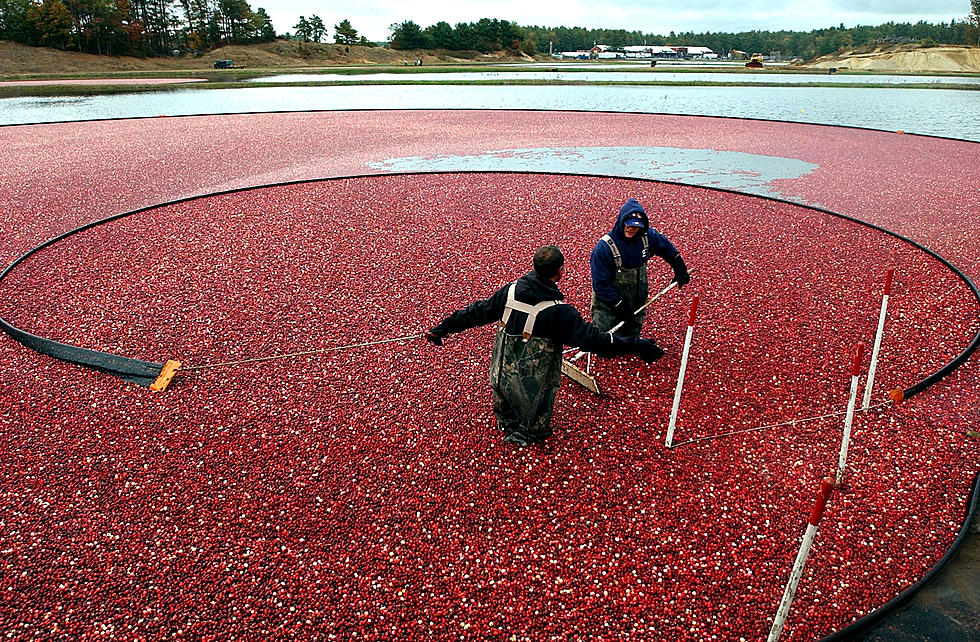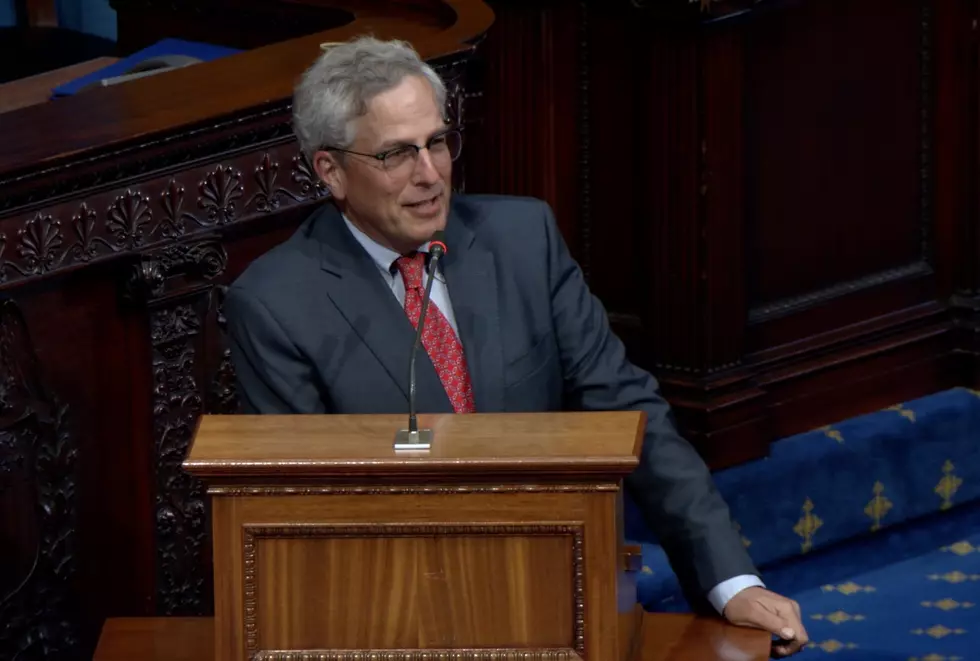
Cranberry Growers Looking for Tax Cuts
STATE HOUSE, BOSTON — They cultivate the state's official berry, and now cranberry growers are asking for the state to extend a helping hand, assisting them to keep pace with a worldwide market where Quebec and Wisconsin are the dominant players.
"Prices are dropping. Cape Cod cranberry growers are losing their farms. The industry is in a crisis mode," Brian Wick, of the Cape Cod Cranberry Growers Association, told the Revenue Committee on Tuesday. "Yet there's hope for the future."
Wick and other growers told lawmakers that by retooling their farms - rebuilding bogs and planting new varieties of vines that produce larger fruit - the industry can save money and water, and produce cranberries optimized for the increasingly popular dried fruit market.
Replacing old heirloom varieties with higher-yielding plants can cost between $25,000 and $75,000 per acre, according to Wick, who said the dried cranberry market relies on the large-bodied variety of fruit.
"It's a more versatile way of using the cranberry product," said farmer John Garretson, noting dried cranberries are used in cereal, muffins and trail mix. "I grew up with people grimacing when they took a cranberry and put it raw in their mouth and took a bite out of it."
Quebec surpassed Massachusetts in 2014 to become the world's second-largest producer of the tart red fruit, after Wisconsin.
Cass Gilmore, who has a farm in Carver, said Massachusetts has the advantage of sandy soil, farms located near the workforce, and a crop that is native to the area.
Under legislation (H 2654) filed by Rep. William Straus, farmers could apply for tax credits equal to 25 percent of the total expenditures incurred by a renovation, repair, replacement, regrading or restoration of a cranberry bog, with a cap of $100,000 per taxpayer, according to a summary.
The program would be administered by the Office of Energy and Environmental Affairs, which could authorize up to $2 million per year through 2021, under the legislation.
Sen. Michael Brady, a Brockton Democrat and co-chairman of the Revenue Committee, said he was familiar with the challenges facing the industry.
"We are well aware of the need for renovations and keeping up with the times," said Brady, whose district extends southeast into the cranberry-producing part of the state. Lexington Democrat Rep. Jay Kaufman, the House co-chairman of the committee, said the growers had offered "very effective advocacy."
Wick argued that by stimulating the cranberry sector, lawmakers could also benefit small businesses in southeastern Massachusetts and conserve millions of gallons of water, while supplying more product for local cranberry processing operations. He said cranberry farmers in Wisconsin and Quebec almost exclusively harvest the larger-bodied cranberry fruits.
According to Wick, there are about 375 growers in Massachusetts harvesting 14,000 acres of production bogs, and without the tax credit "some growers won't make it."
Garretson, whose farmland extends over several towns in southeastern Massachusetts, said retooling bogs is an expensive but necessary proposition in the modern marketplace.
"It's an enormous investment. We need to do this more for the needs of the marketplace. It is worldwide now," said Garretson, who said he plans to preserve some of his heirloom varieties as well.
Garretson told lawmakers he had taken his wife to the edge of a cranberry bog that was being dug up and prepped to grow larger cranberries.
"I said, 'Can you smell the ocean?' She said, 'Are you crazy?' And I said, 'No, this is your retirement house. It's going in the ground. This is the future. If we wish to continue in the business, this is what we need to do.'"
--Andy Metzger, State House News Service
More From WBSM-AM/AM 1420









